You are who you say you are + the actions you take to back it up.
Your career narrative is one of the most powerful tools you have at your disposal to inform and influence how others see you. Quite often, however, I encounter clients who either aren’t clear on what their narrative is or don’t feel like they are in control of it. In both cases, not having ownership of your career narrative can impact how others perceive and engage with you. This calls to mind the trite maxim, “perception is reality.” While reality is absolute, given that perception is subjective, you have the power to shape it through your storytelling. However, for it to become reality, your storytelling must be accompanied by evidence and action.
We have all experienced the co-worker who we believe is not very good at their job, yet somehow is well known by company leadership and always seems to advance ahead of those who produce better work. Whether we like it or not, these individuals have mastered their career narrative and have learned to bend reality to their desired perception. The challenge for the rest of us who do great work but aren’t the slickest salesperson is to shift perception to our reality.
Two recent clients come to mind to illustrate this challenge. The first is an educator who keeps on being mischaracterized as a college advisor when she is in fact so much more. The other is a filmmaker who is trying to shift into an internal communications role but isn’t getting traction. The former is not in control of her narrative, that latter is unclear about how to shift his -- both needed to take control.
In working with the educator, we examined her resume, LinkedIn profile, personal and business websites to look at the universe of things she did in the education space. These ranged from policy and social justice advocacy work, to designing curriculum and facilitating workshops around college access, to convening influential groups to take action. This is far above and beyond the work of a “college advisor,” yet that was her perceived label. We worked together to find the common themes between the various aspects of her work and crafted a holistic story that made the connections more apparent. We recreated her brand around how she helped others in reality, and this helped shift her professional perception to match.
For the filmmaker-cum-communications professional, though he only had one year of experience in an official communications role in a 15+ year career, I helped him to see that his full body of work as a filmmaker, producer, freelance writer, and editor all fell under the broad umbrella of “communications.” Though the mediums and modalities may have differed, the universal challenge was to craft and deliver a message in a way that would be accurately received and resonate with a target audience. In this case, the evidence was available, but it required reframing how my client perceived his own experience. We then used the reality of his experiences to reshape his career narrative across his marketing materials and brand.
With both clients, it was a matter of exploring their realities to help inform and reshape their career narratives in order to shift perception, both internal and external to them. Here are three steps you can take to start doing this for yourself:
3 Steps to Control Your Career Narrative
1) Look for the patterns and evidence in your career.
Despite the seemingly chaotic nature of life, we humans are creatures of habit. Patterns can be found in who we choose to date, who our friends are, and as professionals, the types of business challenges we face and/or problems we are frequently asked to solve.
Whether you have followed a linear or more eclectic career path, look back over your career to see what patterns emerge around who you have helped, how your work has impacted others, the types of problems you have solved, and finally, what problems you are good at AND enjoy solving. Find evidence that illustrates your experience and successes, and themes will emerge.
2) Seek out what you enjoy doing.
When I was in college I was obsessed with DJing, so I spent hours in front of my turntables learning how to scratch and thinking about what songs sounded good strung together. How you operate at work needn’t be any different. Raise your hand and jump onto projects that excite you as often as you are able. While you are having fun, you are practicing, learning, and most importantly, building up a track record of experience and results that can contribute to your career narrative and serve as evidence of your impact. This volunteerism can also take place outside of work if your workplace doesn’t offer the projects that motivate you.
You don’t want to become known or pigeonholed as the go-to person for challenges or tasks you don’t enjoy. If you proactively seek out things that bring you joy and you are good at, eventually that will build a strong association over time and will shape how people perceive you and what they will approach you for.
3) Tell people what you are good at and how you got there.
If a social media influencer puts up a post but has no followers...do they make a sound?
No one will know about your work and what you are good at if you don’t tell them. Part of the game of networking and career advancement is letting people know who you are, what you are working on and about your wins. Outside of your immediate team, in many cases, your colleagues, leadership, or external networks don’t know what you are up to unless you tell them. Though not all of us are natural self-promoters, it will benefit you to gain comfort telling people about your work and what you are good at.
For example, you could practice saying your version of, “I’m really good at [SKILL/TASK A] and I have been lucky to have a lot of experience [SOLVING PROBLEM X] or [CREATING SOLUTION Y], in [CONTEXT Z].”
Creating a compelling career narrative is not about being a pretentious self-promoter. It’s about taking an honest look at who you are, what you have done + enjoy doing, and finding an authentic way to talk about it -- more often than you currently do. If you base your career narrative on the reality of what you have actually done and focus on talking about what you enjoy doing, you can eventually start to bend perception to your favor in alignment with how you wish to be perceived.
If you would like to discuss how you can better control & shape your career narrative, I’d love to support you! BOOK NOW for a free consultation.
niiato@avenircareers.com | Call/text 917-740-3048

